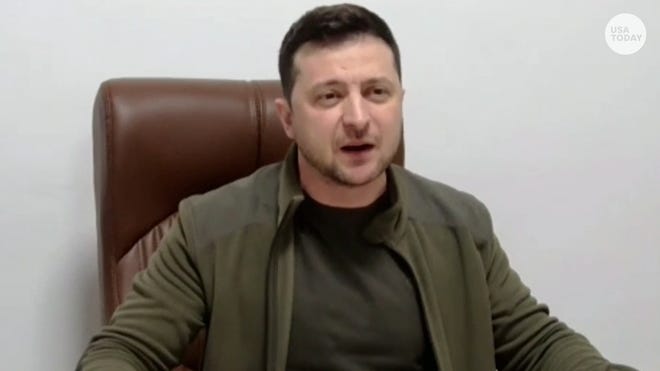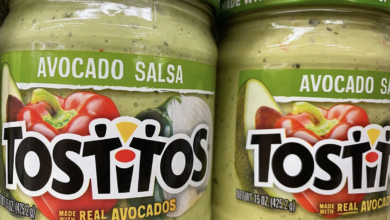
It's a common virus that can lead to life-threatening symptoms for infants and very young children. And now, a vaccine that's being tested around the world and in Cincinnati could help put worries about the respiratory syncytial virus to rest.
The Pfizer vaccine is given to those who are pregnant and is designed to help protect their newborns.
A Cincinnati mom who expects to have her second baby this month is among those who’ve joined the trial going on now at Cincinnati Children’s Hospital Medical Center. Beth, who’s also a pharmacist, hopes that taking part will protect her newborn and other babies around the world.

“I have a 2-year-old who goes to day care. She is at high risk for picking up (the virus) and bringing it home," she said. Before Beth entered the trial, she got the go-ahead from her obstetrician and did her own investigating of the safety data already on hand. "There were no bad outcomes," she said.
Respiratory syncytial virus: How the Pfizer vaccine is meant to work
Pediatric infectious-disease specialists involved in the clinical trials say the Pfizer vaccine builds antibodies that will fight respiratory syncytial virus infection. The fetus gets protection through the placenta, and after birth, the baby's system is further bolstered during breastfeeding, said the lead investigator for Cincinnati Children's part of the trial.
Dr. Elizabeth Schlaudecker is the doctor overseeing the vaccine clinical trial at Cincinnati Children's Schubert Research Clinic. She is the medical director of the center's Division of Infectious Diseases. The vaccine, she said, isn't an mRNA vaccine like the COVID-19 Pfizer BioNTech. "It's a little protein that makes the body make an antibody response."
As an infectious disease expert and pediatrician, Schlaudecker knows firsthand the troubling complications that can happen when infants and young children get respiratory syncytial virus. Their tiny airways may become inflamed, mucus and infection-fighting cells can build up, she said.
"It makes it very difficult to breathe," Schlaudecker said. "They often can't eat very well. It is very scary."
And there is no curative treatment. "We can only support the babies as they fight through this infection," she said. That can mean putting an infant on a ventilator. "We feel somewhat powerless as doctors."
The Cincinnati Children's part of the clinical trial is the final phase. Already, Schlaudecker said, the vaccine has been determined to be safe in those who are pregnant and safe for the fetus.
Researchers in this final trial phase will be watching the development of the babies for a year, monitoring whether they acquire the virus or experience any side effects.
RSV cases saw unusual surge in summer
With the COVID-19 pandemic, pediatricians did not see a typical winter surge in respiratory syncytial virus cases. In June 2021, the U.S. Centers for Disease Control and Prevention notified clinicians and caregivers that older children might catch the common respiratory virus as a result. The CDC encouraged "broader testing for RSV among patients presenting with acute respiratory illness who test negative" for COVID-19.

And in July, there was a significant outbreak of the respiratory syncytial virus, Schlaudecker said. It continues today.
The CDC says that each year in the United States, an estimated 58,000 children younger than 5 years old are hospitalized due to the virus and lists those at greatest risk:
Schlaudecker is welcoming more participants in the Cincinnati region. About 10,000 people worldwide are taking part in the trials, and at Cincinnati Children's, there will be about 20, she said.
Beth received either the vaccine or a placebo in December, and her baby is due this month. She said she experienced no side effects. "I didn't even have arm soreness."
Those who want to join must have a baby due date by mid-March. To sign up or learn more, email [email protected]. If you do not have email access, call 513-827-8363. Enrollment at Cincinnati Children's runs through February.
Source link








